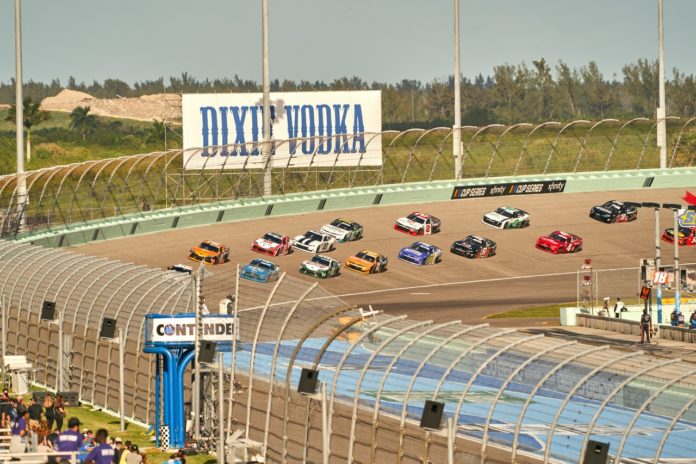For stock car racing in the United States and Canada, NASCAR Cup Series is the top level of competition with attractive nascar odds. The Cup Series was the official name given to NASCAR’s highest-level competition in 2007, but the term has been used informally for many years before that. There are now 36 points competitions in the Cup series to crown a champion.
Below are stages in the NASCAR Cup Series and how they work:
The NASCAR Cup Series is divided into three stages.
The first stage sees drivers run the race’s opening laps on a set amount of fuel. The second stage is a green-flag run after the drivers have made their mandatory pit stops. The third stage is another green-flag run, but only the top five cars are racing at this point.
Here’s how they work:
First Stage
The first stage is a short distance, usually around ten laps, during which drivers have to take an early pit stop to refuel. This is done to ensure that everyone has enough fuel to make it through the second and third racing stages. This is the only stage that does not include a mandatory pit stop for all cars.
Drivers leave their stalls for a parade lap around the track before lining up on pit road for their first green flag stop of the day. Drivers must pit under yellow flag conditions if they go out on track too early or run out of fuel during this stage.
There are no caution periods here like there are in other stages where drivers can lose positions due to an accident or mechanical failure while out on track.
Second Stage
After pitting for fuel, drivers have enough fuel remaining in their tanks to go another 50-60 miles before having to pit again for tires and other adjustments. This stage can last anywhere from 15-20 laps, depending on how many cars make it through without having any issues during the first part of the race and how long it takes for everyone else to complete their first pit stop.
The following ten laps will be run under green flag conditions. At the end of Lap 10, another caution flag will wave, and the field will come to pit road for service.
There are two green-flag pit-stop windows during this time. Drivers will have to make a mandatory four-tire stop during this part of the race. The pit crew must change all four tires and add fuel before sending their driver back on track.
Third Stage
Once all 50-60 laps are completed in Stage 2, and all cars have made their second pit stop, we start our final stage, where drivers have to make pit stops again (usually around lap 60).
This is when teams will have to make another mandatory four-tire stop with fuel added. This gives teams enough time to work on their cars before the end of the race.
It ensures they’re in good shape with enough fuel left in their tanks to finish out the final laps of the competition. However, this time it’s optional whether you want to get gas or tires/changes only.
After this last round of stops, drivers go back out for one more green flag lap before the race goes back under caution for another round of green flag racing. This lasts until two laps are remaining (lap 80). The final stage is another green flag run that lasts ten laps or until there’s a caution flag — whichever comes first.
This gives teams one last chance to make moves before heading into pit road for fuel and tires during pit stops at the end of each stage break.
The most important thing about stages is that they’re worth more points than regular finishes in the NASCAR Cup Series standings. A driver who wins one of the first two stages receives an extra five points per stage win over their common finishing position points — 50 more points if they win both stages.
And if they win all three stages in a given race? Well, then they will receive 75 bonus points for that race alone!
Verdict
Hopefully, this article has helped you understand the NASCAR Cup Series stage racing format and how it works. Since it’s a relatively new concept, there will be questions about it. Feel free to let us know if you have any other questions about the format or anything else NASCAR-related.









